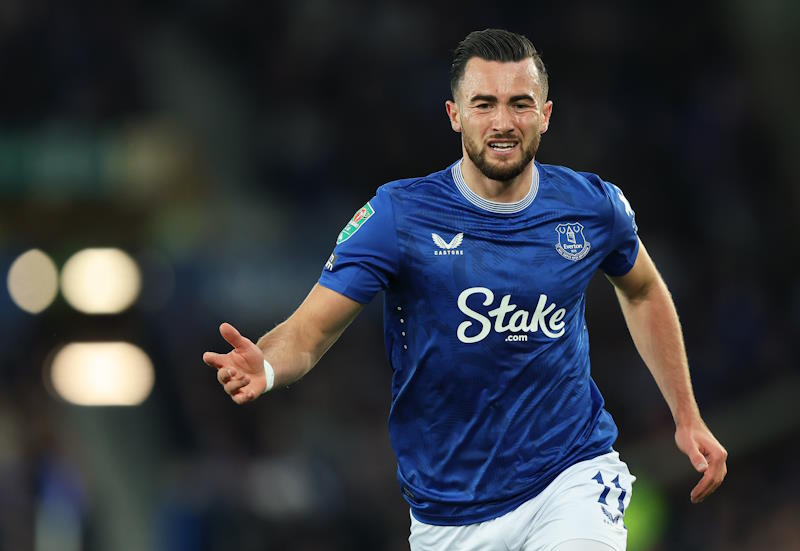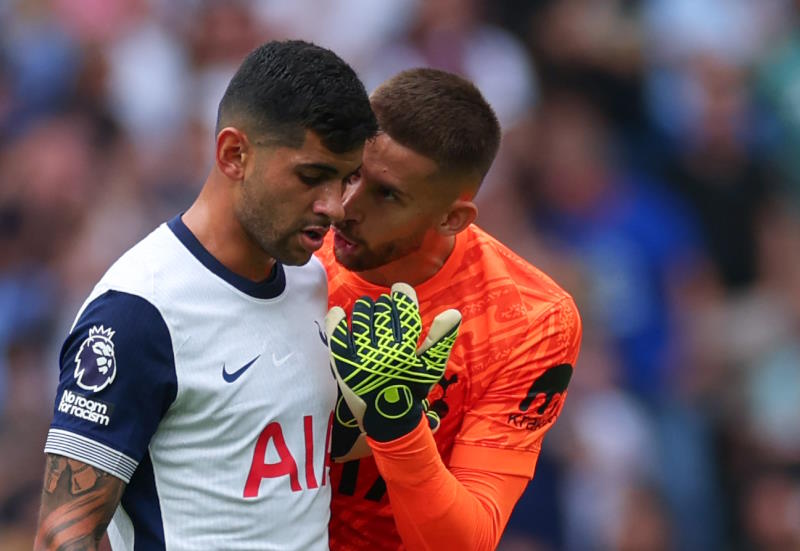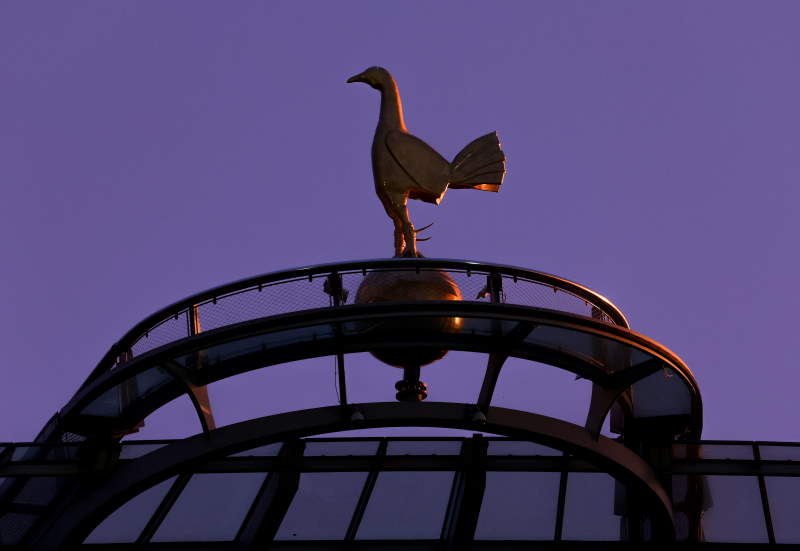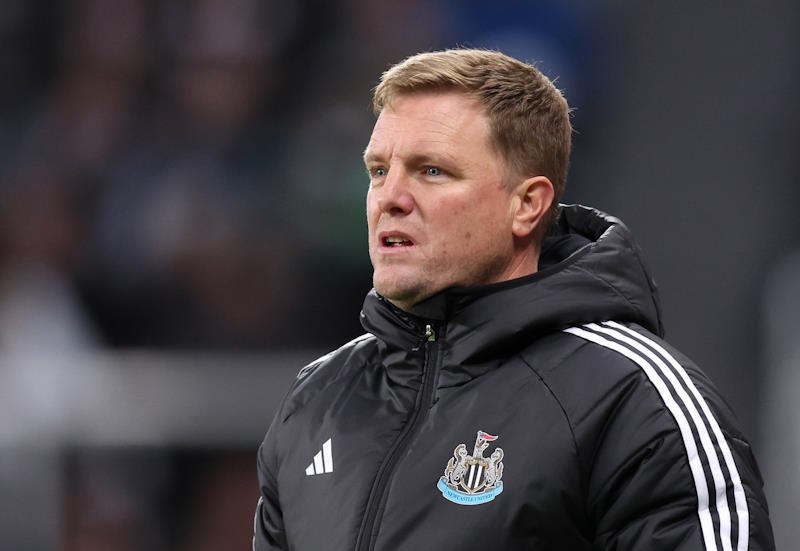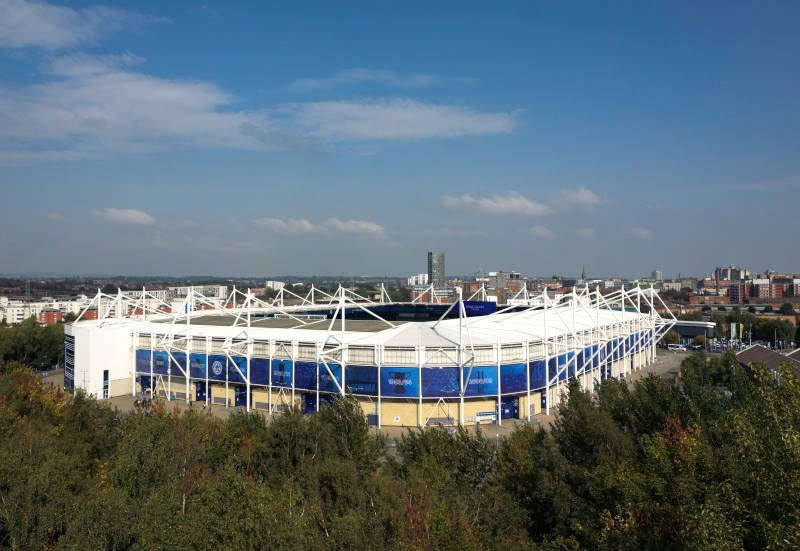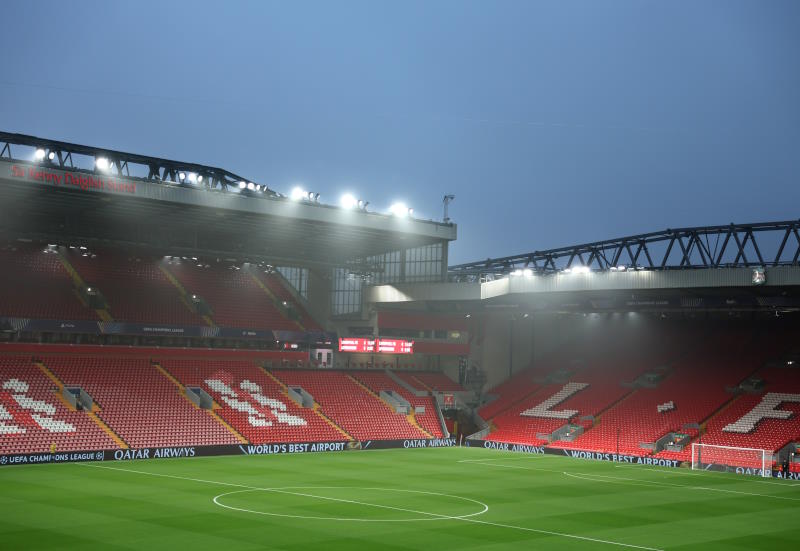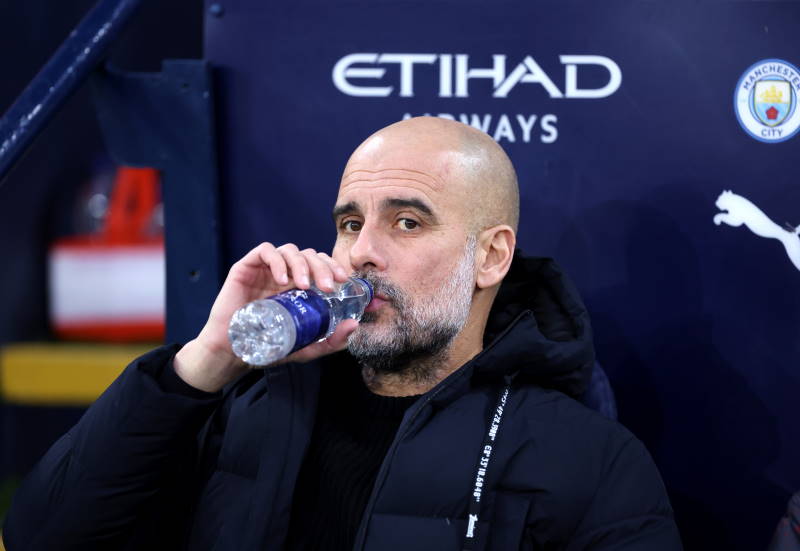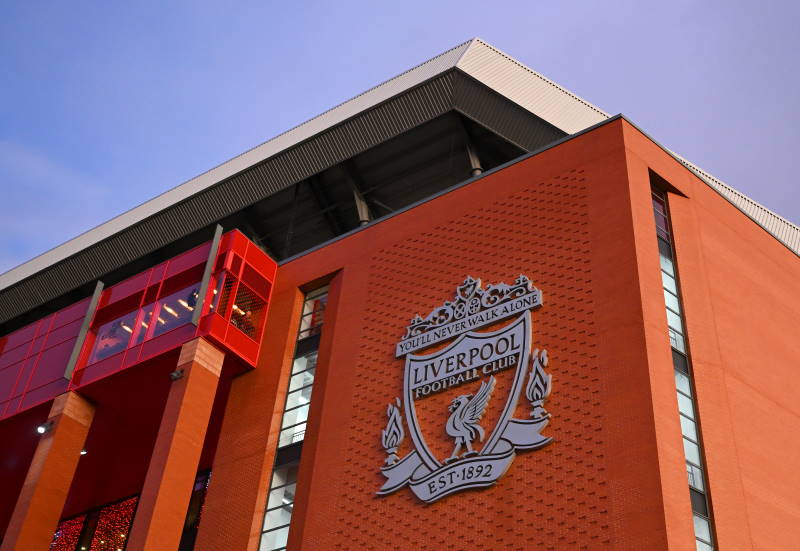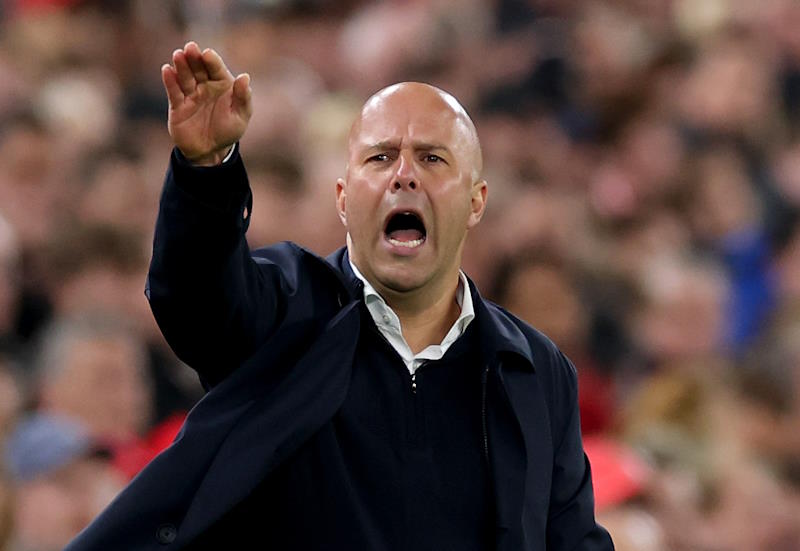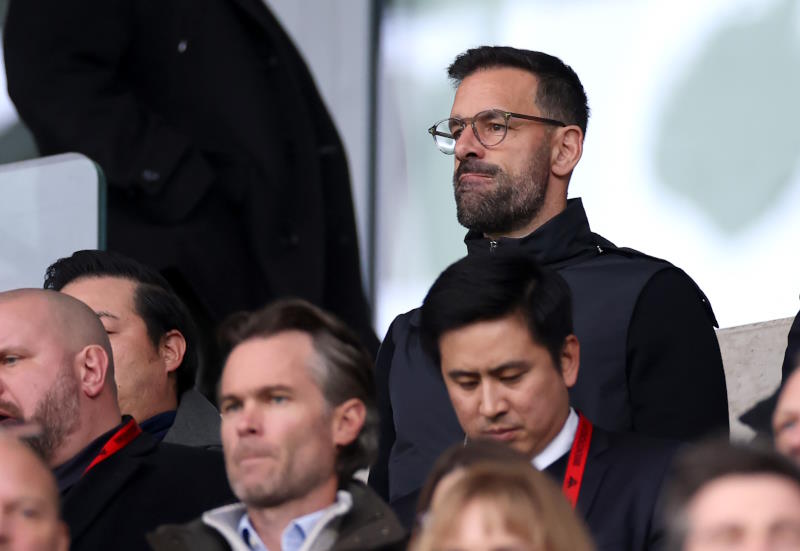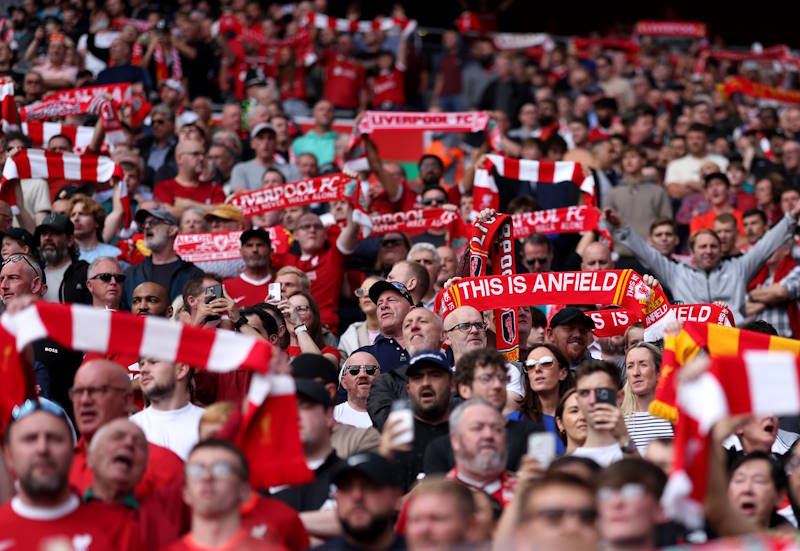
Opportunities for redemption rarely come as neatly packaged as the one that landed on the desk of Argentine giants River Plate when the fixtures for their first season back in the top flight were released. Los Millonarios would begin their campaign at home to Belgrano de Cordoba, the club who, a little over 13 months earlier, had consigned them to the drop courtesy of a 3-1 aggregate victory in the end of season promotion/relegation playoff.
River Plate had overhauled their squad following their demotion, returning to the top flight as champions of the second division reinvigorated by young talent such as Ezequiel Cirigliano and Lucas Ocampos, and the experienced heads of David Trezeguet and Leonardo Ponzio. The scene was surely set for a triumphant reintroduction to the Primera Division for the 34-times champions; a victory that would at least go some way to erasing the memories of their relegation and the in-stadium violence that accompanied it.
Instead, what followed was a match reminiscent of River Plate’s relegation season. They dominated possession, played better than their opponents yet struggled to score, allowing a limited yet determined Belgrano side to run out 2-1 winners. Equally concerning was the self-implosion of the team supporters of their great rivals Boca Juniors like to nickname Las Gallinas (the chickens). Goalkeeper Daniel Vega was at fault for the first goal, the defence were asleep for the second and, in the 88th minute, Rogelio Funes Mori compounded River Plate’s misery by blasting over from the penalty spot.
It was not the return their supporters or coach Matias Almeyda had been hoping for, but the seeds for this failure had been sewn in the off-season with the bizarre decision to part with both Alejandro Dominguez and Fernando Cavenaghi, experienced players who were at the heart of the successful promotion campaign. The pair criticised club president Daniel Passarella on national television for his handling of their departures. They were two former players who had returned to aide the club in their hour of need; two seasoned professionals who could have helped lead the younger players through the pressure of a first season back in the Primera Division.
In a way, Passarella’s hands were tied. River Plate’s financial situation is best described as perilous and it was never likely they would be able to keep hold of both players. In this light, Dominguez’s departure is hardly surprising: the club were unable to afford the fee being asked by his current employers Valencia and knew they had young starlet Manuel Lanzini returning for a loan spell at Fluminense to cover his position. Cavenaghi’s exit is more vexing. The former Bordeaux striker had joined on a free transfer and was River Plate’s top scorer with 19 goals in their promotion campaign. Despite trailing off a little following Trezeguet’s arrival half-way through the season he is still an accomplished striker and a better bet than Funes Mori, still only 21 yet rapidly decreasing in both stature and value.
Cavenaghi would probably have converted the penalty that a nervous Funes Mori launched into orbit against Belgrano – the pressure of the situation combining with the theatrics of the away goalkeeper Juan Olave to clearly unsettle the young striker. Funes Mori’s contribution was symptomatic of a River Plate team whose anxiety was, at times, quite obvious. Another experienced player to help take control of the situation and calm his team-mates down would certainly have been a great help in such circumstances.
That said, this anxiety should dissipate once the side get some points on board and adjust to their new surroundings. Providing it does, the squad still possesses enough strength outside of the striking positions to suggest they should finish in the top ten this season.
Lanzini – River Plate’s goalscorer and most impressive performer against Belgrano – could easily operate in an advanced attacking midfield position just off Trezeguet and is capable of reaching double figures over a full campaign. Ocampos chipped in with seven goals in the promotion season and given time to settle in the top flight is capable of managing a similar haul again. Allied to a strong central midfield and a defence that should improve once new goalkeeper Marcelo Barovero replaces the jittery Vega, there is reason for River Plate supporters to be fairly confident that a decent season awaits.
The opportunity for immediate redemption may have been spurned, but in the long run the opener against Belgrano was just one match out of the 38 that will truly decide whether River Plate are deserving of their place back at the top table of Argentine football. Instant gratification would have been nice, but that is hardly something the club’s supporters have become accustomed to in modern times. A solid, steady campaign, rather than one dotted with the controversy of recent years, would do just fine.

